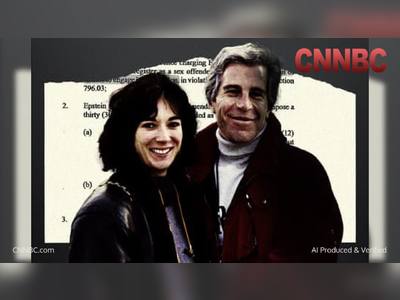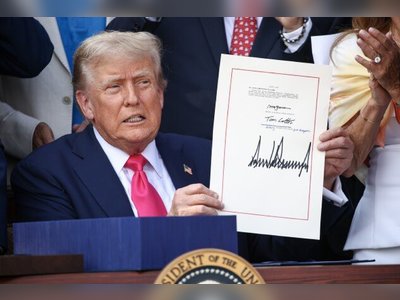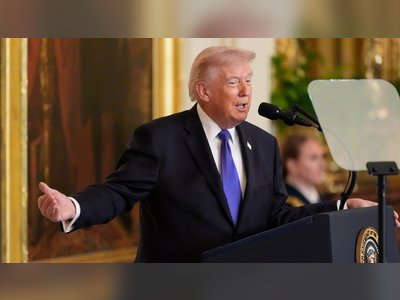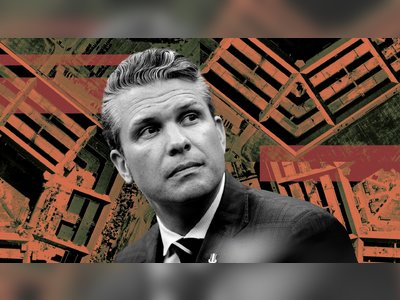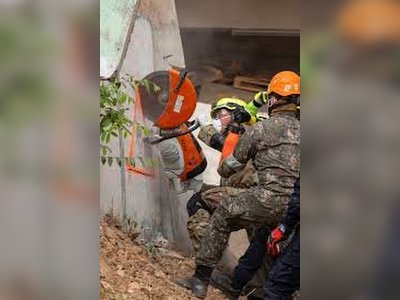Returning History: A Step Towards Reconciliation
The repatriation of Indigenous Australian remains from German collections highlights the need for museums to address colonial legacies.
In a poignant move blending history, ethics, and healing, Indigenous Australian ancestral remains are being returned from German museums, signaling a crucial step toward reconciliation.
This act, while a symbolic gesture of respect and acknowledgment, forms part of a broader global recognition of the injustices suffered under colonial rule.
The repatriation of these ancestral remains, held in German collections for well over one hundred years, underscores an unresolved legacy of colonial exploitation.
For Indigenous communities, the return of ancestral remains represents not merely a victory but also a pivotal moment for healing—a restoration of dignity to ancestors once displaced and disrespected.
Representatives from Ugar Island, who journeyed thousands of miles for this symbolic closure, highlight the immeasurable cultural impact of such gestures.
Yet, the situation compels us to question the underlying frameworks of museums themselves.
Long regarded as cultural and educational pillars, museums are often rooted in colonialist endeavors.
These institutions now face the challenge of rethinking their foundations, striving for reform and reflection, and fostering equitable cultural exchanges rather than simple repossession.
This broader conversation between restitution and curation could redefine the roles of museums in global heritage stewardship.
As history is rewritten to embrace diverse narratives, a critical question emerges: Why has it taken over a century to rectify these historical injustices?
Museums and cultural institutions must transition from acknowledgment into systemic change, positioning the past as more than a mere reminder of wrongs but as a catalyst for ongoing global dialogue on restitution and respect.
The return of Indigenous ancestors could herald the transformation of museums, moving beyond their colonial origins to become authentic partners in preserving and honoring the diverse heritages and histories of all peoples.
Each repatriation not only corrects the past but invites society to engage with our shared history in a profound and inclusive manner, ultimately provoking reflections on justice and cross-cultural respect.
As this narrative unfolds, we invite contemplation on how society should navigate these intricate historical pathways.
Engaging in such dialogue could redefine how we honor cultural legacies in the present and future.
This act, while a symbolic gesture of respect and acknowledgment, forms part of a broader global recognition of the injustices suffered under colonial rule.
The repatriation of these ancestral remains, held in German collections for well over one hundred years, underscores an unresolved legacy of colonial exploitation.
For Indigenous communities, the return of ancestral remains represents not merely a victory but also a pivotal moment for healing—a restoration of dignity to ancestors once displaced and disrespected.
Representatives from Ugar Island, who journeyed thousands of miles for this symbolic closure, highlight the immeasurable cultural impact of such gestures.
Yet, the situation compels us to question the underlying frameworks of museums themselves.
Long regarded as cultural and educational pillars, museums are often rooted in colonialist endeavors.
These institutions now face the challenge of rethinking their foundations, striving for reform and reflection, and fostering equitable cultural exchanges rather than simple repossession.
This broader conversation between restitution and curation could redefine the roles of museums in global heritage stewardship.
As history is rewritten to embrace diverse narratives, a critical question emerges: Why has it taken over a century to rectify these historical injustices?
Museums and cultural institutions must transition from acknowledgment into systemic change, positioning the past as more than a mere reminder of wrongs but as a catalyst for ongoing global dialogue on restitution and respect.
The return of Indigenous ancestors could herald the transformation of museums, moving beyond their colonial origins to become authentic partners in preserving and honoring the diverse heritages and histories of all peoples.
Each repatriation not only corrects the past but invites society to engage with our shared history in a profound and inclusive manner, ultimately provoking reflections on justice and cross-cultural respect.
As this narrative unfolds, we invite contemplation on how society should navigate these intricate historical pathways.
Engaging in such dialogue could redefine how we honor cultural legacies in the present and future.


